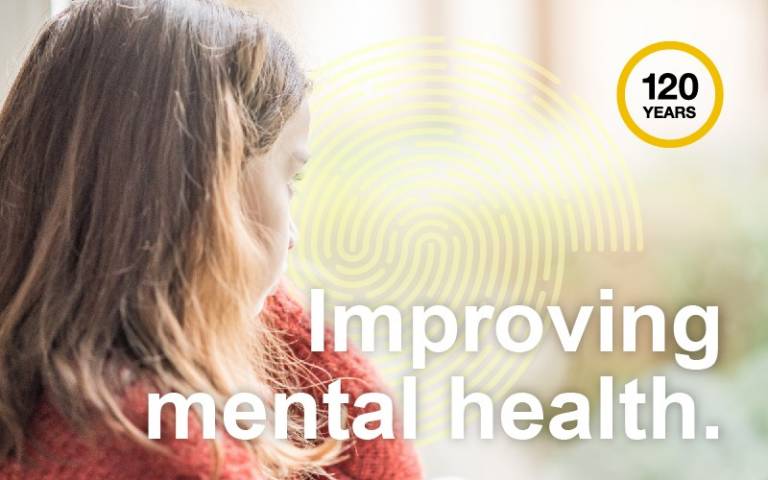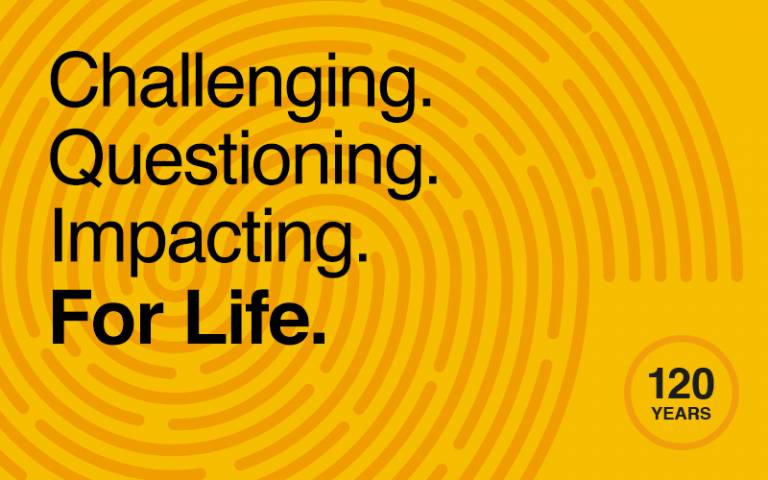Leading the way in investigating young people’s mental health and shining a light on the challenges they face.

In 2017, IOE research revealed a quarter of girls (24%) and one in 10 boys (9%) report high levels of depressive symptoms at age 14. Through our research and engagement, we are leading the way in investigating young people’s mental health and shining a light on the challenges they face.
Academics Professor Emla Fitzsimons and Dr Praveetha Patalay have been looking at the mental health of young people in the UK for a number of years. In 2016, they outlined the differences between mental ill-health and mental wellbeing. This highlighted that if somebody has good mental wellbeing it does not necessarily mean that they will be free of mental illness. This work was significant for Public Health England (PHE) in developing methods for measuring child and adolescent mental health, and resulted in mental wellbeing also being considered in interventions and public policy.
The researchers are based in IOE’s Centre for Longitudinal Studies (CLS), home to four national longitudinal cohort studies, which follow the lives of tens of thousands of people. Findings from these studies have played a part in shaping the world we live in today, providing evidence for many of the choices we face as individuals, and as a society, and informing many areas of government policy. The studies are an unrivalled resource for researchers at IOE and throughout the world to increase our knowledge of health and social trends across generations, and identify what interventions need to be made to improve the lives of people within these generations and society more widely.
Following their 2016 study, in 2017, Professor Fitzsimons and Dr Patalay found that 24% of girls and 9% of boys experience high levels of depressive symptoms at age 14. This study, based on data from the Millennium Cohort Study at CLS, highlighted for the first time the extent of mental ill-health among young people across the UK. It was instrumental in bringing the scale of the issue to public consciousness.
This work has played an integral part in helping to tackle the mental health difficulties that many teenagers face. The researchers have presented the research to a number of policymakers and mental health organisations, as well as a Conservative Party roundtable on youth mental health, and at the Public Health England (PHE) annual conference. In 2020, Professor Fitzsimons and Dr Pataley won the Economic Social Research Council’s (ESRC) Panel’s Choice Award 2020 for their research.
The researchers also developed an infographic distinguishing between mental health and wellbeing and highlighting risk and protective factors at age 11. This was used in several contexts and by practitioners in public health, including PHE, the Department for Education and many local government and child mental health training programmes.
Following their research, PHE expanded its focus to include mental wellbeing as well as mental ill-health. It also adapted the framework it uses to identify how to best support young people, by extending the range of multi-level and multi-setting risk and protective factors associated with mental ill-health and wellbeing.
The work from IOE researchers shaped interventions to help young people and the mental health and wellbeing challenges they face in their lives, and continues to do so.
 Close
Close


